Plumbing is a vital part of modern living, yet much of it remains a mystery to the average homeowner. Professional plumbers possess a wealth of knowledge, earned through years of experience, specialized training, and hands-on problem-solving. But there’s a lot more to plumbing than meets the eye. This article unveils 12 lesser-known secrets that plumbers often keep to themselves. These tips will help you better understand your plumbing system and may even save you time, effort, and money in the long run.
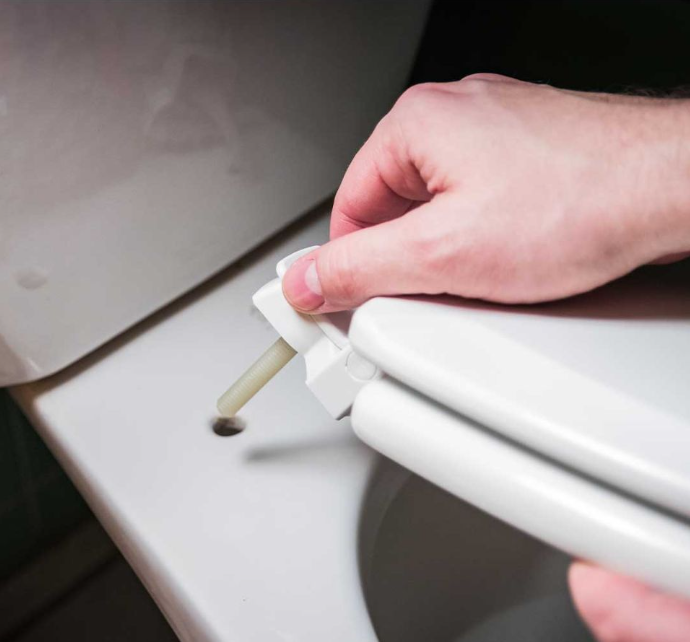
Secret Tools of the Trade
While most people recognize standard wrenches and plungers, plumbers use a variety of specialized tools to get the job done quickly and efficiently. Here are a few of their hidden tools:
Plumbing Torch: Used to solder pipes for leak-proof joints.
Pipe Inspection Camera: Helps plumbers identify problems without tearing down walls.
Basin Wrench: Designed to tighten or loosen nuts in hard-to-reach spaces.
These aren’t the kind of tools you’ll find in your average toolbox, but they’re invaluable for professional plumbers. Understanding what’s in a plumber’s toolkit helps you appreciate the complexity of plumbing work.
Tricks for Detecting Leaks
Detecting leaks early can prevent significant damage and high repair costs. Plumbers have developed several techniques to spot leaks before they escalate:
Pressure Gauge: Plumbers use this tool to monitor drops in water pressure, which may signal a leak.
Listening Devices: These gadgets allow plumbers to pinpoint leaks behind walls or beneath floors by detecting the sound of running water.
Smoke Tests: This involves pushing harmless smoke through pipes, revealing leaks where the smoke escapes.
These methods can save homeowners from costly repairs by identifying issues before they become major problems.
Little-Known Ways to Keep Drains Clear
Keeping drains clear is much easier than fixing a clog. Plumbers use some simple, natural techniques to prevent blockages:
Baking Soda and Vinegar: This combination breaks down buildup in pipes, keeping them clean without harsh chemicals.
Drain Traps: Plumbers recommend using drain traps in sinks to catch hair and debris, reducing the chance of clogs.
Biological Drain Cleaners: These natural cleaners break down organic matter in pipes, keeping drains flowing smoothly.
Plumbers often advise against chemical drain cleaners, as they can corrode pipes over time, leading to bigger problems.
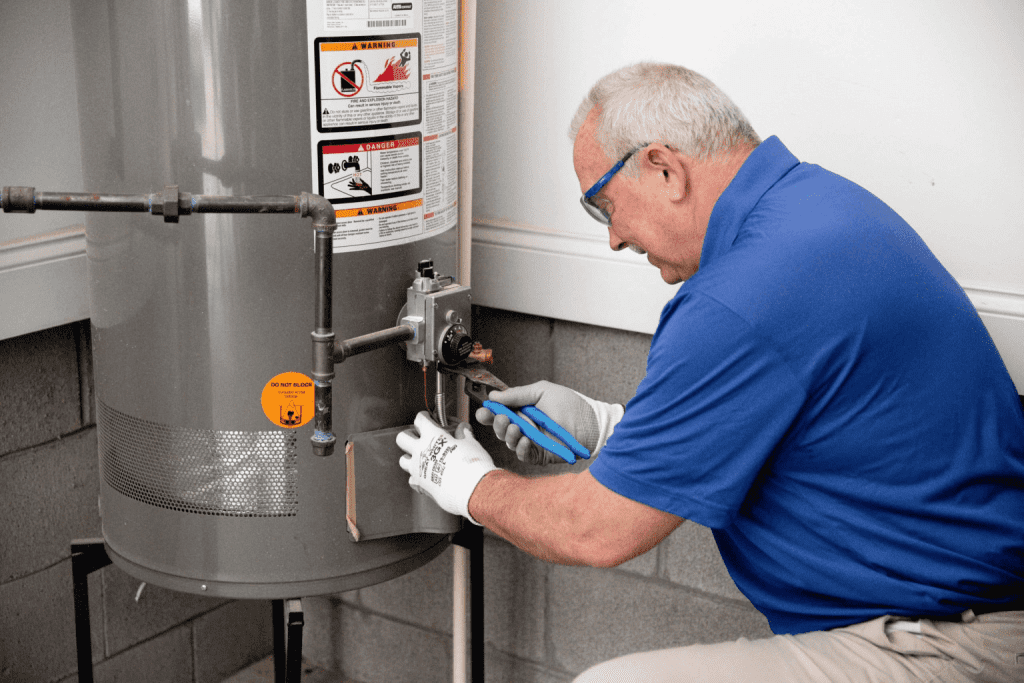
The Art of Silencing Noisy Pipes
Have you ever been startled by the banging of pipes in your home? This phenomenon, known as “water hammer,” occurs when water stops abruptly inside pipes. Plumbers use these strategies to quiet noisy pipes:
Water Hammer Arrestors: These devices absorb the shock caused by sudden stops, reducing banging sounds.
Pipe Clamps: Plumbers secure loose pipes to minimize vibrations.
Foam Insulation: Wrapping pipes in foam reduces rattling and helps maintain water temperature.
Silencing noisy pipes not only improves your peace of mind but can also indicate proper functioning of your plumbing system.
Tips to Extend Water Heater Life
Your water heater is one of the most crucial—and expensive—appliances in your home. Here’s how plumbers keep water heaters running longer:
Annual Draining: Draining the tank yearly removes sediment that can damage the heater.
Installing an Anode Rod: This sacrificial rod attracts corrosion, protecting the tank from rust.
Setting the Thermostat at 120°F: Lowering the temperature saves energy and prevents overheating.
With these maintenance tips, you can significantly extend the lifespan of your water heater and avoid unexpected breakdowns.
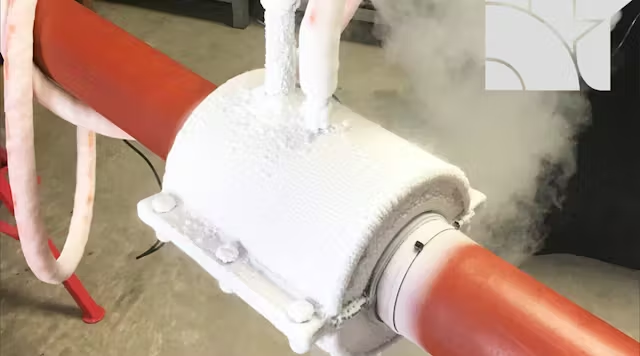
Factors That Affect Plumbing Costs
Many homeowners are surprised when plumbing costs vary. But there’s a reason for this. Here are some factors that influence pricing:
Accessibility: The easier the pipes are to reach, the less labor it takes.
Home Age: Older homes often have outdated plumbing that requires more time and materials to repair or replace.
Local Codes: Different areas have different regulations, which can affect plumbing methods and costs.
By understanding these factors, you can better anticipate potential expenses and plan accordingly.
Advanced Techniques to Prevent Frozen Pipes
Frozen pipes can be a nightmare, leading to burst pipes and costly repairs. Plumbers use several strategies to keep pipes from freezing:
Pipe Insulation: Wrapping pipes in foam sleeves protects them from cold temperatures.
Heat Tape: This electrical tape keeps pipes warm, preventing freezing in vulnerable areas.
Maintain a 55°F Temperature: Plumbers advise keeping unoccupied homes heated to prevent pipes from freezing.
These techniques are especially useful for those living in colder climates, as they offer an effective defense against winter’s worst.
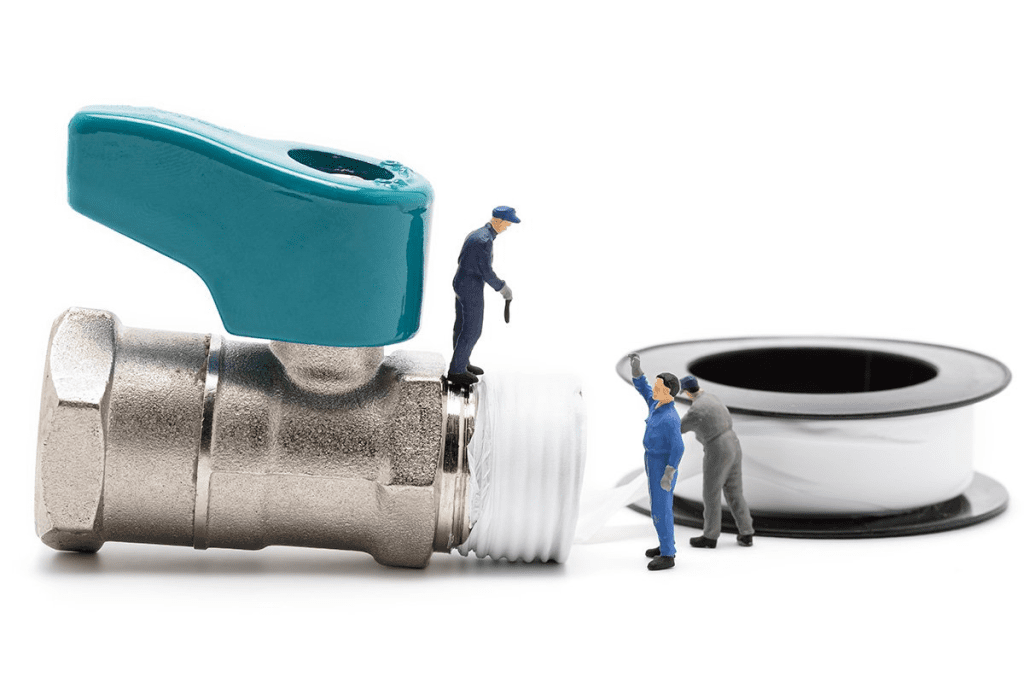
Effective Water Pressure Management
Maintaining proper water pressure is crucial for the health of your plumbing system. Plumbers use the following techniques to manage pressure:
Pressure-Reducing Valves: These valves stabilize water pressure, preventing fixture damage.
Sediment Removal: Regularly checking pipes for sediment buildup keeps water flowing freely.
Pressure Gauges: Plumbers use gauges to ensure water pressure stays within recommended limits.
Proper water pressure management can prevent leaks and extend the lifespan of your pipes and fixtures.
Surprising Uses for Plumbing Tape
Plumbing tape, often made of Teflon, is a versatile tool that can be used in unexpected ways:
Sealing Joints: Plumbers wrap Teflon tape around pipe threads to create a leak-proof seal.
Temporary Leak Fixes: While not a permanent solution, wrapping tape around minor leaks can prevent water damage.
Faucet Installation: Using tape on faucet threads ensures a smooth fit and prevents drips.
Plumbers use this simple tool in various ways, proving that even the smallest items can make a big difference.
Eco-Friendly Plumbing Practices
Today, many plumbers are incorporating eco-friendly practices into their work. Here’s how they help conserve water and energy:
Installing Low-Flow Fixtures: These fixtures use less water without sacrificing performance.
Rainwater Harvesting: Collecting rainwater for irrigation reduces reliance on municipal water.
Tankless Water Heaters: These heaters save energy by heating water on demand, rather than maintaining a large tank of hot water.
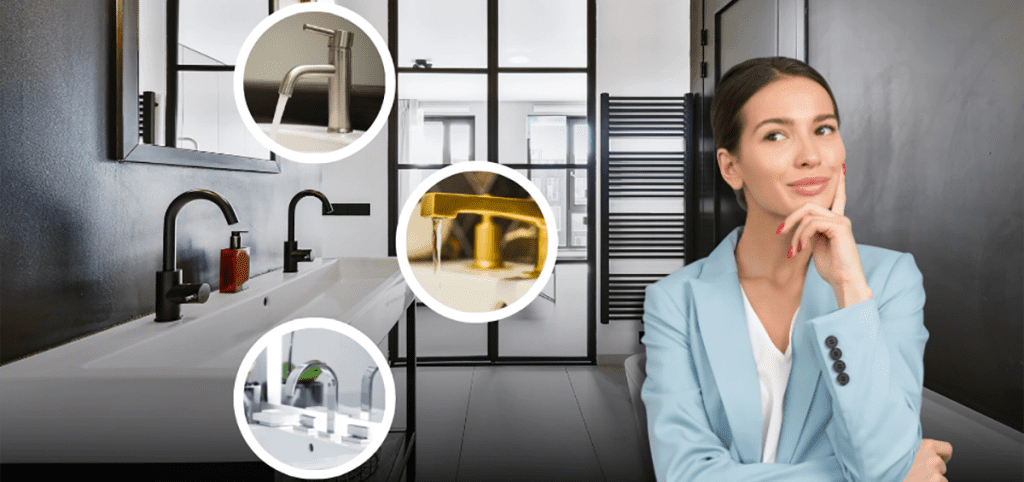
These green plumbing practices not only help the environment but can also save homeowners money on water and energy bills.
Insider Tips for Choosing the Best Plumbing Fixtures
Selecting the right plumbing fixtures can make a big difference in your home’s functionality and aesthetics. Here’s what plumbers recommend:
Quality Materials: Brass fixtures offer durability, while ceramic disk valves provide leak-free performance.
Water-Saving Features: Look for the WaterSense label to ensure efficiency.
Professional Consultation: Consulting with a plumber ensures your fixtures are compatible with your home’s existing plumbing.
By considering these factors, you’ll choose fixtures that are both stylish and practical.
Conclusion: Unlocking the Hidden Knowledge of Plumbers
Plumbing is more than just unclogging drains or fixing leaks—it’s about maintaining an intricate system that keeps your home running smoothly. By understanding these well-kept secrets, you can make informed decisions, potentially prevent costly repairs, and embrace eco-friendly practices. The more you know about your home’s plumbing, the better equipped you’ll be to manage it efficiently. So, tap into the wisdom of professional plumbers and keep your home’s plumbing in top shape!





